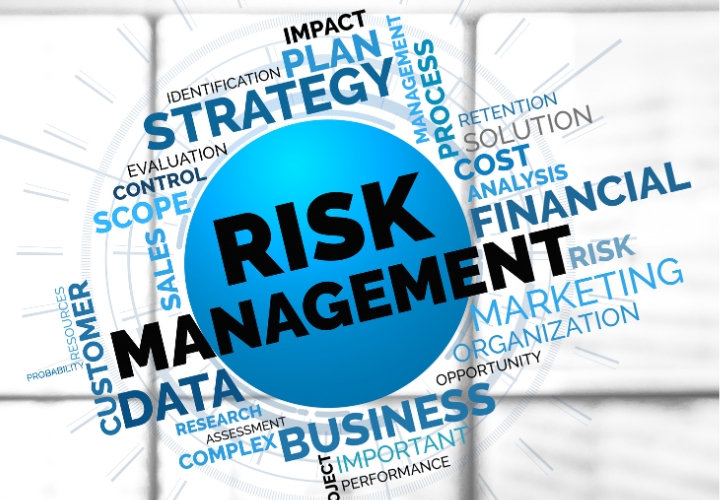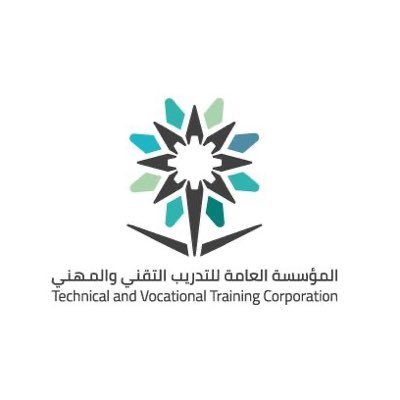Preparation for Project Management Professional
in Business & ManagementAbout this course
Course Overview
The Project Management Professional (PMP)® is the world’s leading project management certification, demonstrating a professional’s ability to lead and manage projects effectively across industries. Now covering predictive, agile, and hybrid methodologies, the PMP® validates expertise in modern project leadership, helping individuals advance their careers and enabling organizations to enhance performance.
This course is designed to thoroughly prepare participants for the PMP® exam by:
- Providing a clear understanding of the exam structure and format
- Covering the latest exam content areas and requirements
- Analyzing question patterns and strategies for answering them effectively
Course Objectives
By the end of this course, participants will be able to:- Understand Project Management Fundamentals: Define what a project is, and how it fits into the broader concept of project management, and identify different types of business value. Explain change management principles, project governance, and the significance of project compliance.
- Stakeholder Engagement & Team Development: Identify key stakeholders and effective communication strategies. Learn best practices for forming and managing project teams. Develop a clear understanding of project objectives and explore different project life cycles, including predictive, adaptive, and hybrid approaches.
- Planning & Risk Management: Understand the importance of project planning, including scope definition for both predictive and adaptive environments. Learn how to manage resources, procure external resources, structure project budgets, and develop risk mitigation strategies. Define quality management and its impact on project outcomes.
- Leadership & Team Collaboration: Explore leadership competencies and strategies for empowering teams. Understand the role of artifacts in project management, effective communication methods for collaboration, and the value of training, coaching, and mentoring. Develop conflict resolution skills to enhance team performance.
- Performance Measurement & Continuous Improvement: Learn various techniques for performance evaluation and continuous improvement. Understand different approaches for tracking project success and implementing necessary changes throughout the project life cycle.
- Project Closure & Knowledge Transfer: Define the key activities involved in closing a project or project phase. Assess the benefits achieved, understand knowledge transfer strategies, and explore the importance of documenting lessons learned for future projects.
Target Audience
- Project managers
- Members of project offices
- Project sponsors
- Functional managers
- Senior management
- Individuals aspiring to earn PMP® certification
Related Courses
What you will learn?
Business Environment
- Understanding foundational project management concepts
- Aligning projects with organizational strategy
- Identifying project benefits and value creation
- Navigating organizational culture and change management
- Establishing project governance frameworks
- Ensuring project compliance with regulations and standards
Initiating the Project
- Identifying and engaging key stakeholders
- Forming and structuring an effective project team
- Building a shared understanding of project objectives
- Selecting and defining the best project approach (predictive, agile, or hybrid)
Project Planning
- Developing a comprehensive project plan
- Defining scope and deliverables
- Creating a project schedule and timeline
- Allocating and managing resources
- Establishing the project budget and financial planning
- Identifying and mitigating project risks
- Ensuring quality management throughout the project
- Integrating and aligning all project plans
Leading the Project Team
- Strengthening leadership and decision-making skills
- Fostering a collaborative and high-performing team environment
- Empowering team members for success
- Monitoring and supporting team performance
- Effective stakeholder communication and collaboration
- Training and mentoring team members and stakeholders
- Managing and resolving conflicts efficiently
Monitoring & Supporting Project Performance
- Implementing continuous improvement strategies
- Tracking performance and evaluating project progress
- Managing and resolving project issues and roadblocks
- Handling project changes and ensuring adaptability
Project/Phase Closure
- Successfully closing a project or project phase
- Measuring and realizing project benefits
- Conducting knowledge transfer and lessons learned
The Technical and Vocational Training Corporation TVTC
The Technical and Vocational Training Corporation (TVTC) is the government agency concerned with technical and vocational training in the Kingdom of Saudi Arabia since 1400 AH / 1980 AD. TVTC specializes in the development of national human resources through training ,contributing to meeting the labor market’s needs for manpower since the issuance of the Council of Ministers' resolution approving the establishment of the Corporation by Resolution No. M/30 dated 10 Shaaban 1400 AH. The Council of Ministers Resolution No. (268) dated Shaban 14, 1428 AH was issued to reorganize it and define its tasks and objectives. TVTC provides technical and vocational training programs for males and females according to the quantitative and qualitative demand of the labor market. It offers many training programs in its training facilities, including technical colleges and institutes, as well as in strategic partnerships institutes and international technical colleges. In addition, it offers training programs in private training facilities, and flexible community support programs. The total number of TVTC facilities reaches 283, covering all parts of the Kingdom of Saudi Arabia. According to the results of the Global Knowledge Index issued by the United Nations Development Program and the Mohammed bin Rashid Al Maktoum Knowledge Foundation, the Technical and Vocational Training Corporation ranks 9th globally for the year 2021, after it was ranked 12th in 2020, 86th in 2019 and 117th in the year 2018. The Global Knowledge Index seeks to provide an approach for countries to advance forward-thinking strategies in promoting strong knowledge economies, as it measures knowledge at the global level, as a comprehensive concept that is closely related to sustainable development and various dimensions of contemporary human life.

No Virtual ClassesCourse








